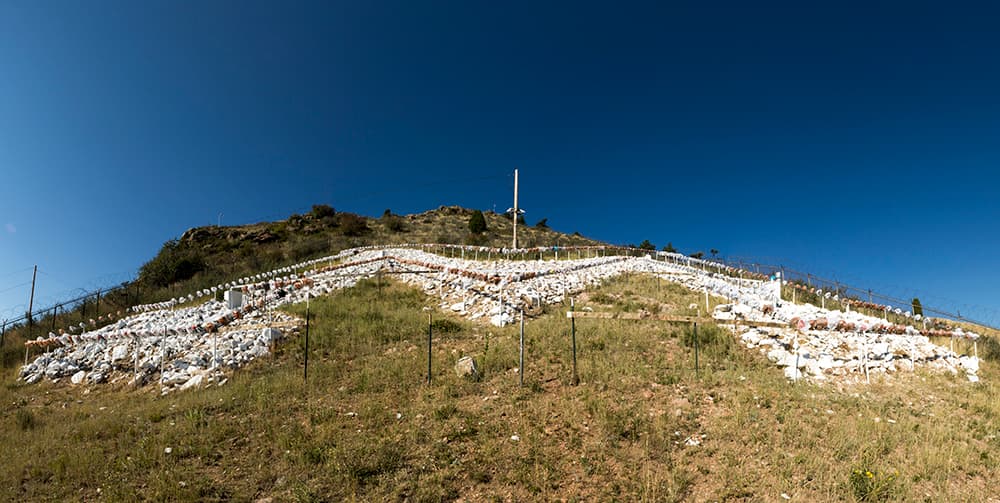It's not just post-secondary institutions in the city that worry about hunger and homelessness among students.
The Colorado School of Mines in Golden has for the first time asked its students to take part in a national survey to better understand problems they may be having securing their basic needs as they pursue their education.
This past fall, each of Mines's more than 6,000 students received emails inviting them to complete the survey conducted by the Hope Center for College, Community and Justice, a think tank at Temple University. In all, 238 Mines students responded. According to the results released earlier this month, Mines has a lower rate of food insecurity and a higher rate of homelessness than Hope found nationwide in 2019.
"We've got a significant number of students that are experiencing food insecurity and housing insecurity," Mines Dean of Students Derek Morgan said. "We need to explore this more and try to figure out how to help.
"It's an issue not just on our campus but on a lot of college campuses," he added. "With the cost of education going up, every penny counts. My goal is not to just put a Band-Aid on it, but to fix the system."
Morgan said Mines has for several years had a food pantry for students. Denver's Emily Griffith Technical College, which provides post-secondary vocational training, also has a pantry, as does each of the three schools on the Auraria campus -- the Community College of Denver, Metropolitan State University of Denver and the University of Colorado Denver. Denver's Regis University and the University of Denver also each have a pantry for students.
The Hope Center assessed food insecurity using questions developed by the U.S. Department of Agriculture that included such queries as whether students worried they would run out of food before they had money to buy more. Overall, the 24 percent of Mines respondents experienced food insecurity in the month before they completed the survey.
Hope developed its own set of questions to determine housing insecurity, asking, for example, whether students had to move in with other people because of financial problems or had been summoned to housing court. Students were also asked if they had couch-surfed or stayed in shelters. In all, 43 percent of Mines respondents experienced housing insecurity and 24 percent experienced homelessness in the previous year.
Across the country in 2019, nearly 167,000 students from 171 two-year institutions and 56 four-year institutions responded to the survey. Of those, 39 percent were food insecure, 46 percent were housing insecure and 17 percent experienced homelessness.













